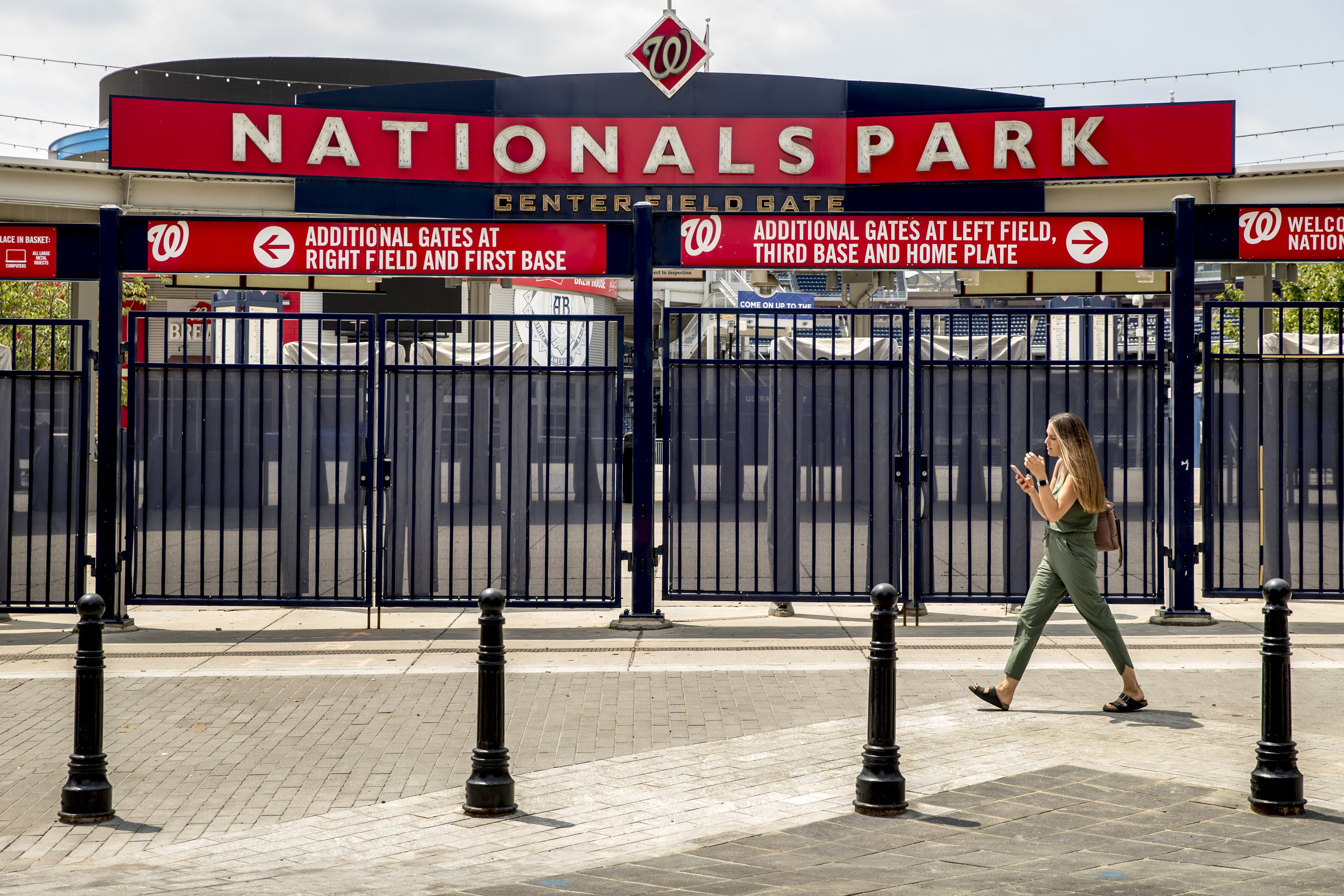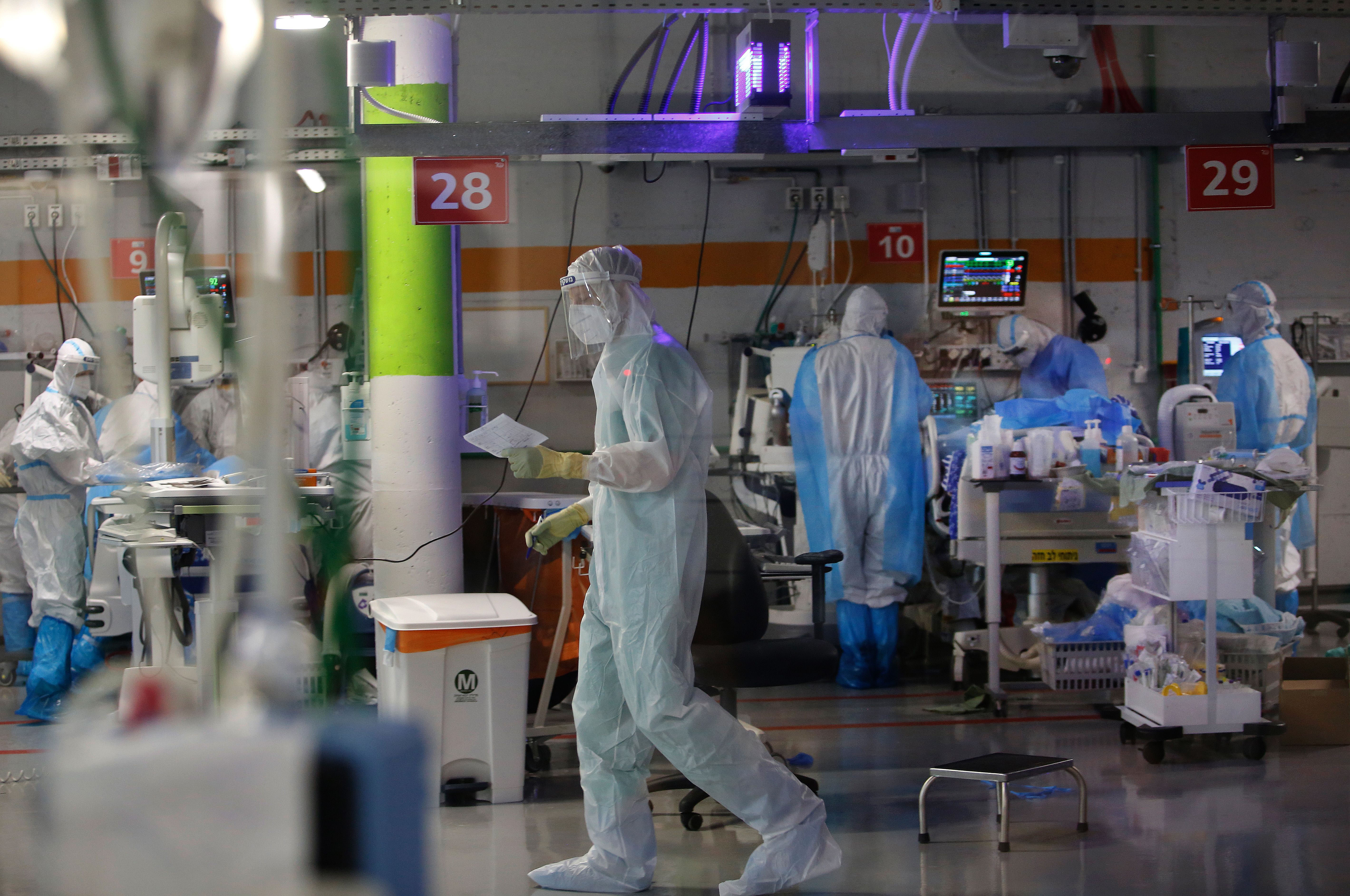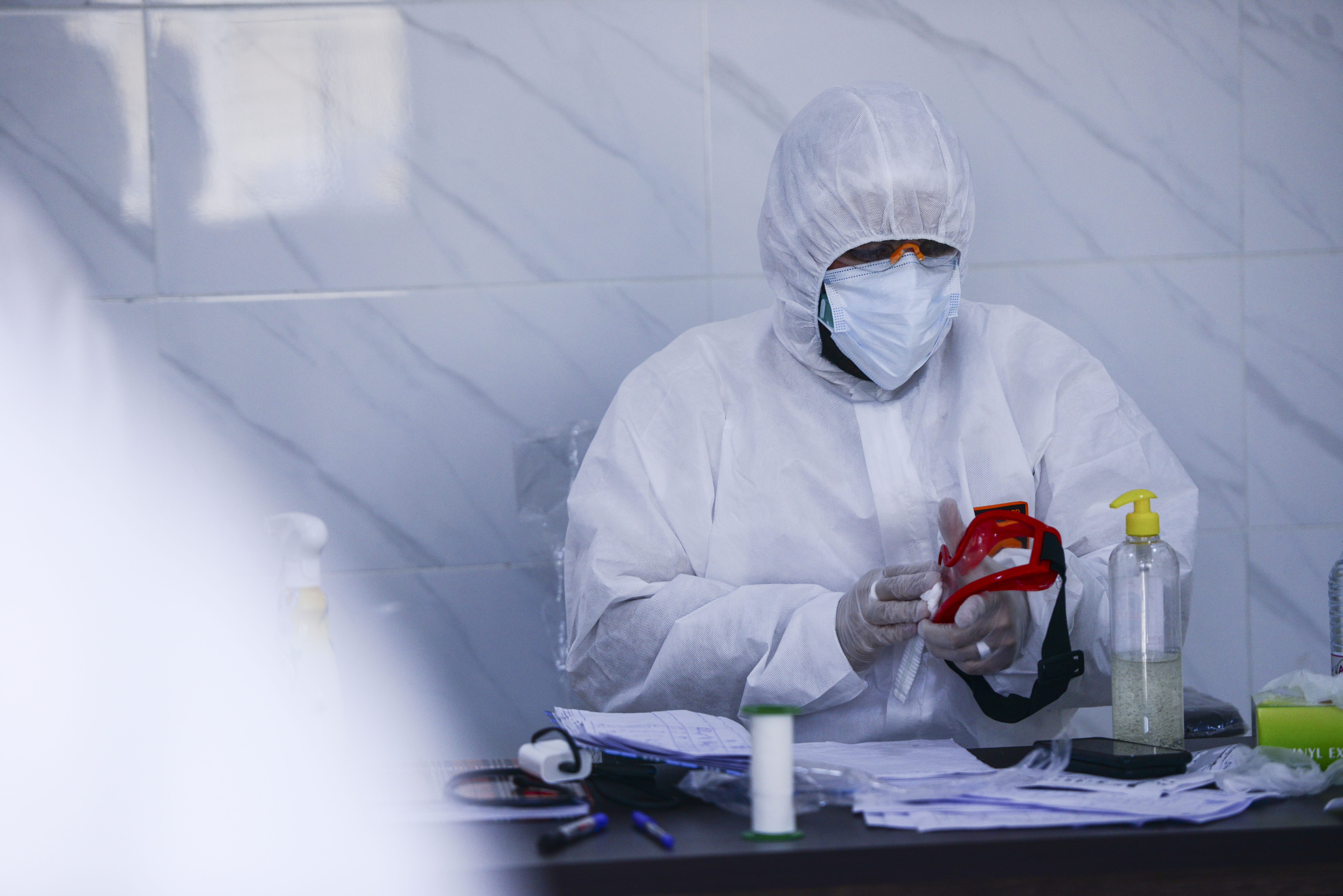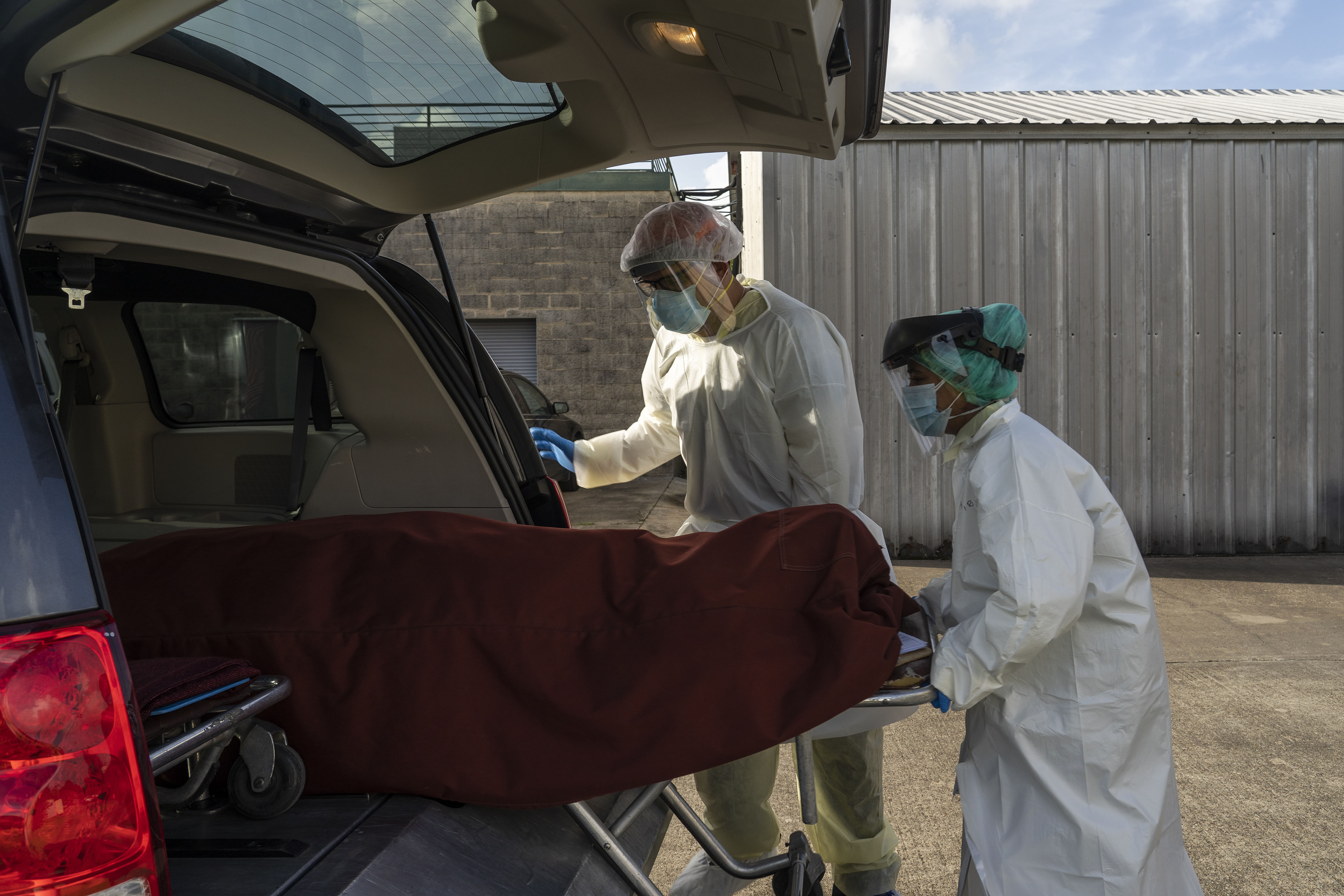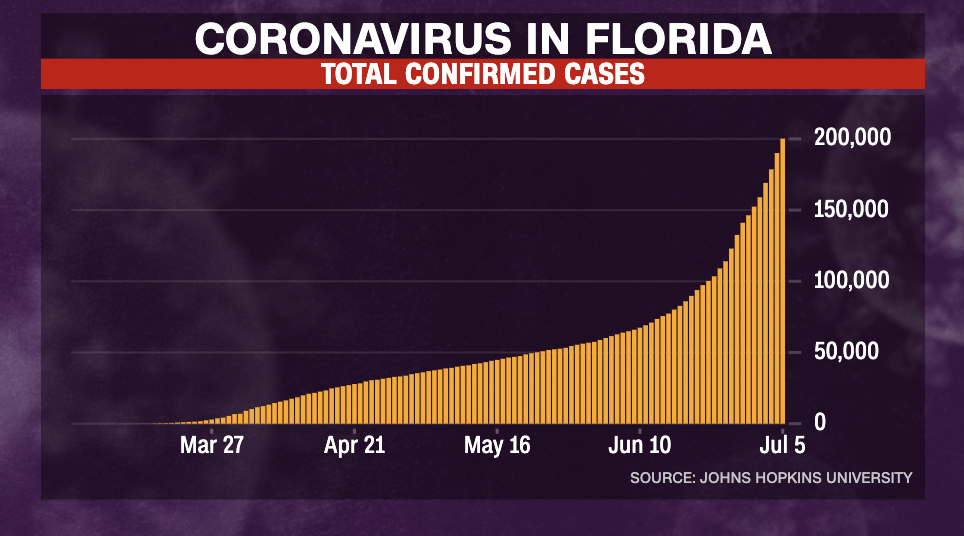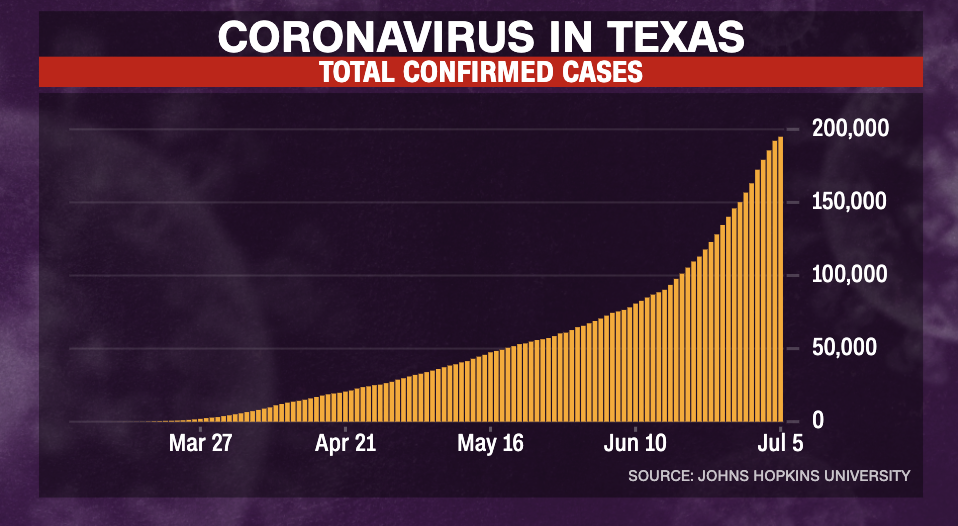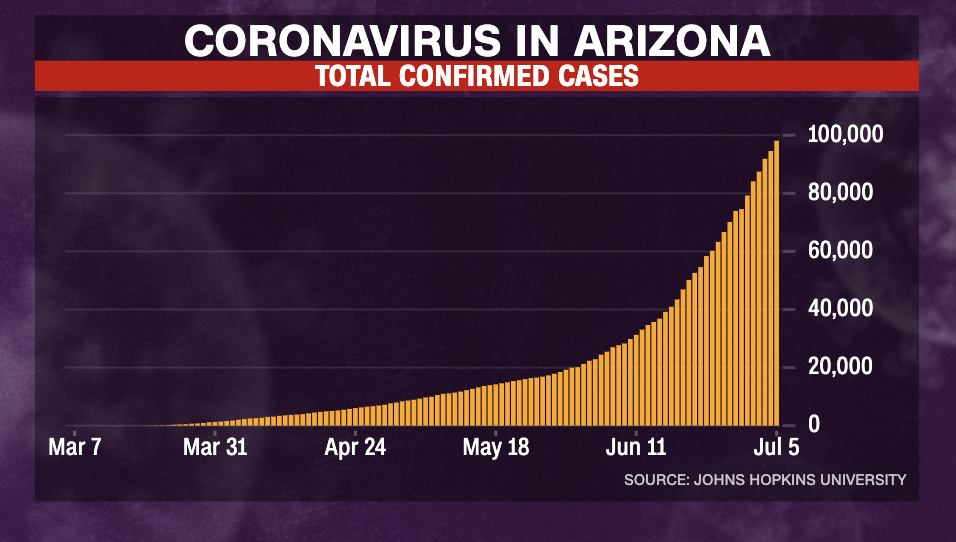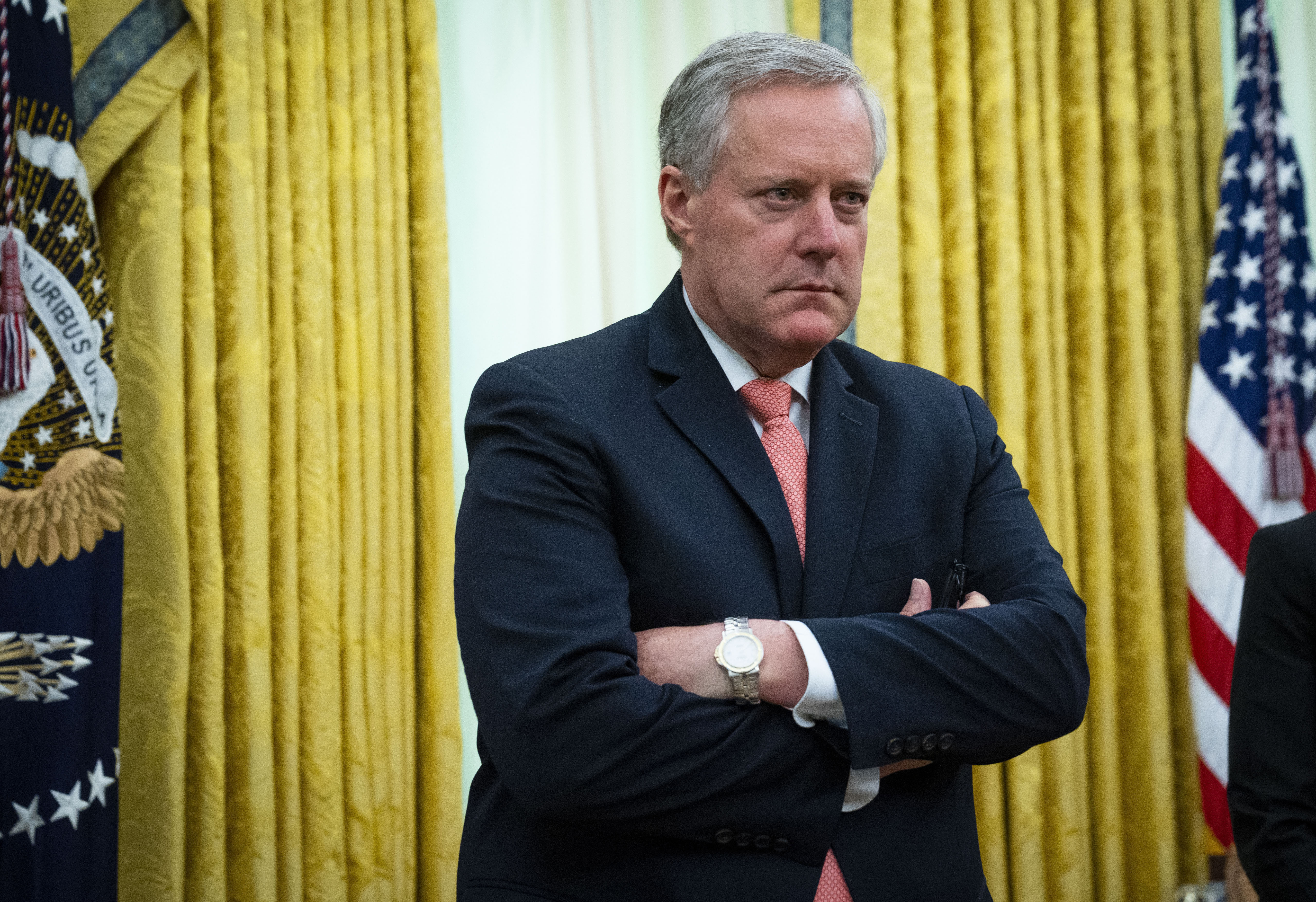The US Food and Drug Administration granted emergency use authorization on Monday for an on-site coronavirus antigen test that can yield results in 15 minutes.
Here's how the test works: The diagnostic test uses a device made by medical technology company Becton, Dickinson and Company that is a little larger than a cell phone to analyze samples, it said.
It detects bits of the coronavirus called antigens. It’s not a home test, but can be used by medical professionals in pharmacies, urgent care centers and doctors’ offices.
The test itself uses a standard nose and throat swab to collect samples, which are put into a small cassette for use in the device for analysis.
Because antigen tests are relatively quick and easy, they have been eyed as a potentially valuable screening tool to quickly test large amounts of people for the virus.
What antigen tests do: An antigen test looks for a piece of the Covid-19 virus – often the characteristic spike-like proteins on its surface – as opposed to the more common molecular coronavirus test, a polymerase chain reaction (PCR) test, which looks for the virus’ genetic material.
PCR tests are more accurate, but they are complex and take longer to deliver results – often days.
This is the second antigen test to receive emergency use authorization from the FDA.
Word of caution: Under an EUA, the agency can greenlight a medical product to address a public health emergency on an expedited basis. These products require further evaluation to receive full FDA approval. The FDA has authorized more than 160 tests under EUAs, including 136 molecular tests and 25 antibody tests.
While acknowledging the potential of antigen tests as a triage tool, the World Health Organization cautioned against their use in April, saying they are not terribly accurate.
They generally have a 34% to 80% sensitivity range – meaning they correctly detect the virus just 34% to 80% of the time.
The BD antigen test is capable of 84% sensitivity, according to the company, which referenced clinical studies of the test at more than 20 sites across the US.
Antigen tests require a larger viral load than molecular tests to detect the virus. That means the sample must be taken correctly and must include enough of the virus for the test to find it.
While positive results are very reliable, a negative test should be followed up with a PCR test to be sure.
“Similar to all immunoassay tests, FDA recommends that negative test results be confirmed by a molecular method to confirm the result, if necessary, for patient management,” BD said in a statement.
The company already has 25,000 testing devices in use in labs and hospitals across the US to detect flu and strep. BD said it plans to manufacture up to 10 million coronavirus tests for use in the devices by September and 2 million a week by the end of September. Dave Hickey, president of Integrated Diagnostic Solutions for BD, said the company plans to expand internationally as regulatory conditions are met.
